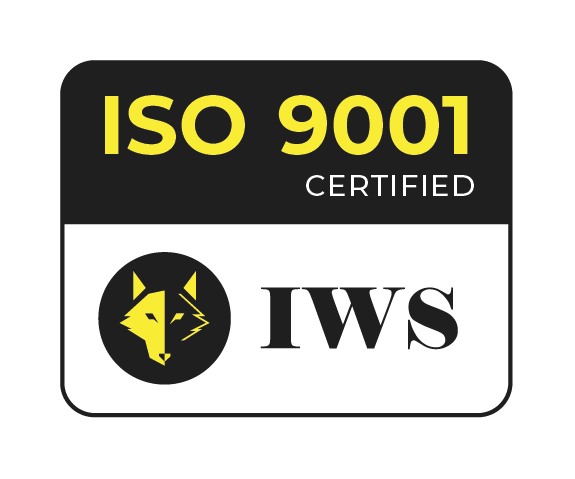Lowcomote is an international project funded by Horizon 2020, a research and innovation program of the European Union. Its aim is to train 15 outstanding PhD students in low-code development platforms and to give them competence in the fields of model-driven engineering, cloud computing and machine learning. Participating students, as well as having to pass given milestones, receive trainings and attend workshops on key topics as part of the project.
The third network event of Lowcomote was supposed to take place in the middle of June in Budapest, however, given the current pandemic circumstances, planned trainings and workshops were divided into two modules and moved online. These modules were provided through June and July.
In the data science and machine learning training module, PhD students learnt about exploratory data analysis techniques, statistics, and how to apply them in R, a statistical modeling language. One training session concentrated on machine learning, classification and clustering algorithms that can be used to gain information from data. Also, lecturers introduced the metrics which can be used for the quality assessment of a machine learning model. PhD students discovered the information retrieval techniques that are employed in search engines on the web. Last, but not least, as part of this module, participants learnt about the best practices to use in analytical and machine learning big data projects, including data preparation, modeling, model versioning and testing techniques.
There was also a scientific paper writing training module where PhD students learnt about the goals of publishing scientific results and the different publication venues (conferences, journals). During this training, participants could also gain more knowledge on how scientific papers are structured, how to organize the article and what collaboration platforms and software can be of help when writing a paper. Finally, they learnt about the review process, more precisely about how to give and receive constructive feedback.
To put everything in test, participants had to prepare a paper in the length of 5-10 pages and then review each other’s work. Based on the feedback that they had received, PhD students could continue working on their scientific papers to submit them for an international workshop or conference in their fields.
The training helped our colleague, Benedek Horváth, to write a paper for the LowCode workshop at MODELS conference in which he introduces his area of research.

.png)





